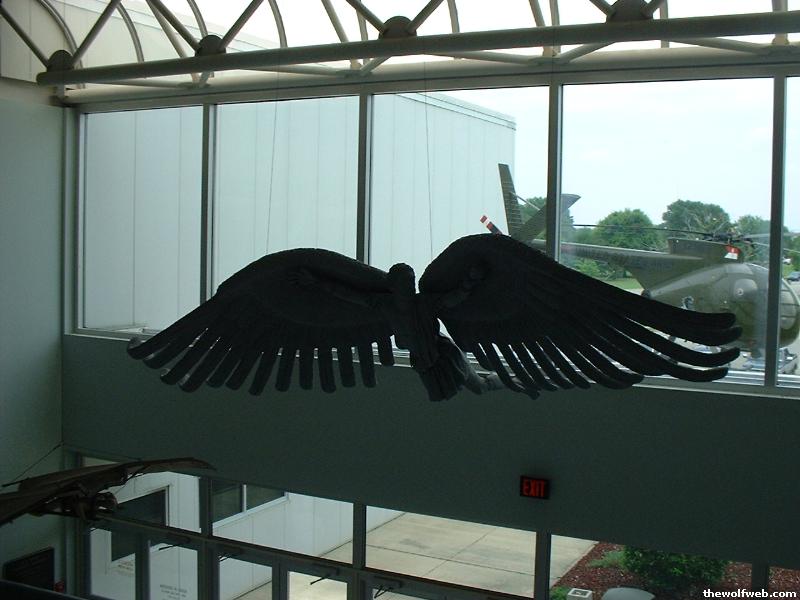
One of the things that’s difficult to explain about deployments is that there’s no escape from the military like one enjoys at home. At home, you can take off the uniform, and do something decidedly un-military over the weekend. That’s not so much the case during deployment, where you’re stuck wearing uniforms all day long, living among your co-workers, and constantly aware that you need to wear your reflector belt after dark.
It didn’t help matters that I’d been writing blog posts non-stop on foreign and defense policy. Thus, in order to give myself a little escape from the military lifestyle, I decided to open up a non-military book on my Kindle, settling on a book written by the Roman poet Ovid. Ovid is famous for a number of poems and stories, most notably for his work Metamorphoses.
Metamorphoses is significant to Army Aviators, as it contains the story of Daedalus and Icarus—a father and son duo who crafted wings of feathers and wax. A statue of Icarus hangs from the ceiling at the Army Aviation museum at Fort Rucker, Alabama. I asked one of the tour guides at Fort Rucker why they chose to have a statue of Icarus--who flew too close to the sun, melting his wax wings, and crashed into the sea--and not his father, Daedalus, who made it to safety. It was then that the tour guide reminded me that Icarus was the first pilot that didn’t listen to his instructor, and that I would meet the same fate if I didn’t follow suit.
Ovid wrote a number of poems and stories that have survived into the modern era. One of his lesser-known works is called “Ars Amatoria”, which translates into “The Art of Love”. I always wondered why I never heard about this book in Latin class. Well, after reading Ovid's writing timeless writing on love and sex, I now know why. Ovid was apparently the Tucker Max of the Roman era. Ars Amatoria is filled with sex, sex positions, prostitution, tips on picking up Roman women (timeless), and how to cop a feel on a woman at the Roman Coliseum.
But most importantly of all, Ovid reminds us of that one ill side effect of consuming alcohol: Beer Goggles. Even Ovid knew that beer goggles and the low lights found in places like bars, clubs, and Roman orgies could lead to trouble. The only problem is that I'm not certain what prompted him to write this. Maybe Ovid and Virgil were going out one night and Virgil wound up going home with a wildebeast, prompting Ovid to write about it for generations to follow. Who knows.
Don’t trust the treacherous lamplight overmuch:
night and wine can harm your view of beauty...
Faults are hidden at night: every blemish is forgiven,
and the hour makes whichever girl you like beautiful.
Judge a face, or a figure, in the light.
If it interests you, Ars Amatoria can actually be found on Amazon.com in a list named “How to Horrify Your Latin Teacher”
No comments:
Post a Comment